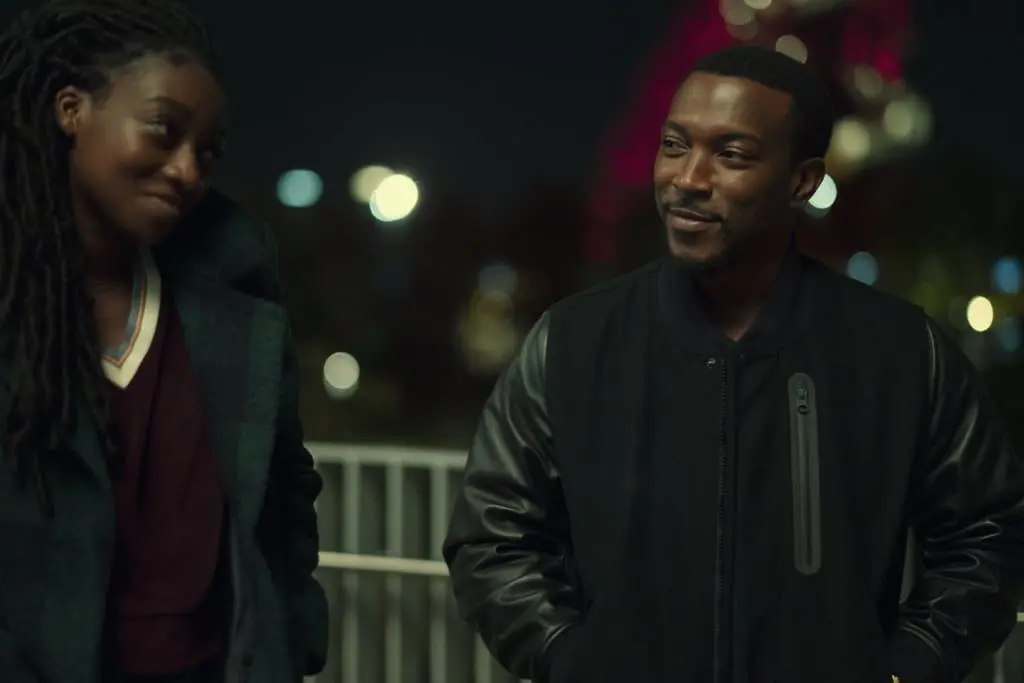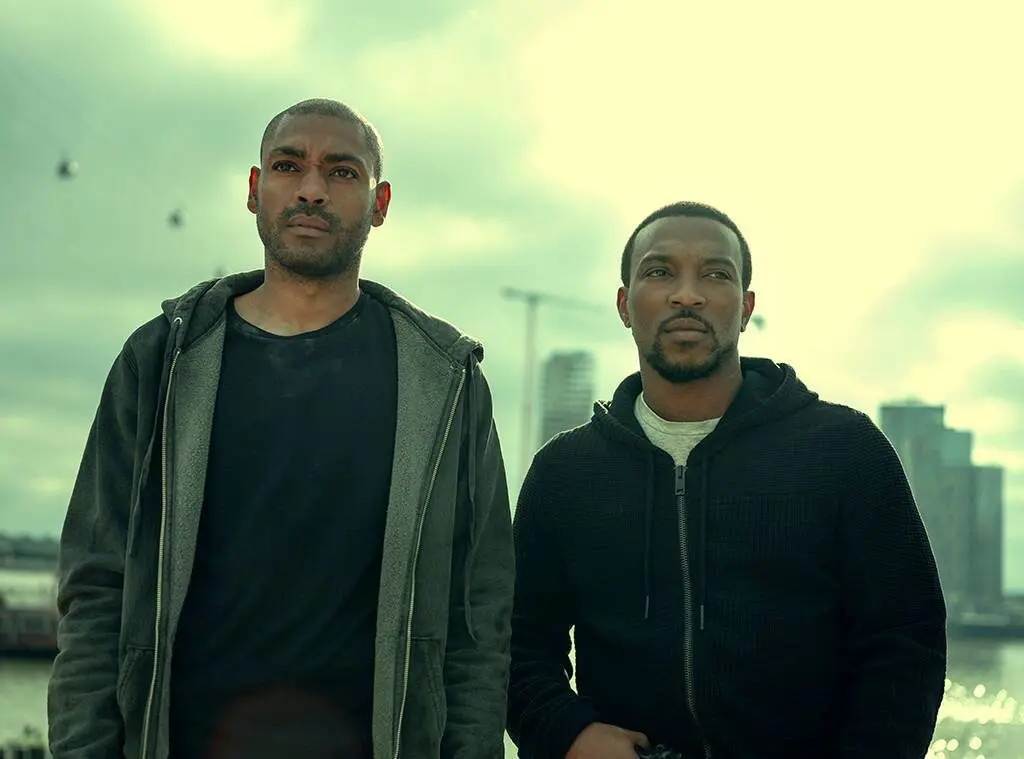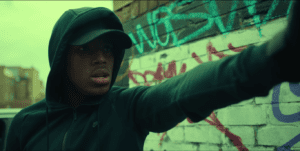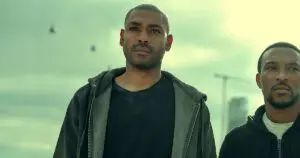Summary
Smartly updated in this new iteration, Netflix’s Top Boy is a gripping, brutal and unflattering examination of England’s capital.
This review of Top Boy (Netflix) Season 1 is spoiler-free. You can read our in-depth reviews and recaps of every episode by clicking these words.
Today, the third season of British fan-favorite crime drama Top Boy is available globally on Netflix, and how it got there is a bizarre story that involves cult popularity and Drake. The Canadian musician’s admiration for the show was enough to strong-arm the streaming giant into a six-years-later revival, for which he boasts an executive producer credit, and the previous two four-episode seasons, which originally aired on Channel 4 but are now also available on Netflix, were rebranded to suit. They’re now known as Top Boy: Summerhouse, meaning that today’s ten-episode season is technically the third but officially the first in a new version of the show which retains much of the same cast and creative team, but introduces us to a new, scathingly current portrait of London.

You can see it immediately in mentions of Brexit, debates about artisanal coffee, and so on. The east London where the first two seasons were set is gone; Netflix’s Top Boy Season 1 (blimey, this is confusing) embraces an unflattering new version in which immigration officials are as much a threat as the drug dealers, and an undercurrent of rampant poverty and national panic over asylum seekers gives proceedings a dystopian feel. The show’s major players – old faces like Dushane (Ashley Walters) and Sully (Kane Robinson), and new ones like Jamie (Micheal Ward), a de facto parent to his younger brothers following their parents’ death – aren’t just petty crooks, but in a way rebels rising up against authoritarian overlords.
Top Boy Season 1, now with more than double the number of episodes afforded to its previous outings, takes its time establishing this new status quo and moving its characters into their new – or old – positions. The passage of time is felt not just in the setting but in several recognizable faces, some of which – such as those belonging to Gem (Giacomo Mancini) or the abuse victim Jason (Ricky Smarts) – were the faces of children when the show last aired. But no longer. Far from having grown up, though, these are people in existential crises, lamenting where they are in their lives and what they have to do in order to keep living them; the show finds a sweet spot where immaturity is deathly serious and random chaos is constant. In this way, the show feels much the same while also treading almost entirely new ground. The six-year wait was inarguably worth it.




